GCSE Music
Curriculum overview for GCSE Music
Curriculum intent – the knowledge, understanding and skills that students will learn
The GCSE Music course aims to educate students in the history of music; theoretical and analytical understanding; composing music, and solo and group performance skills. The course covers solo and ensemble performance; listening and evaluating, and spans a vast area of music history from early Western Baroque and Classical music to modern Rock and Pop, Film and Game Music, as well as Traditional World Music. Students cover all of these topics starting by learning and building on musical skills and are offered opportunities to perform in lessons, in concerts and other whole-school events. The Music course will encourage students to develop performing skills individually and in groups in order to communicate musically with fluency and control of the resources used. They will learn to recognise links between the integrated activities of performing, composing, and appraising and how this informs the development of music. The course will also help students to develop the knowledge, understanding and the skills required to communicate effectively as musicians through studying various genres, styles and eras, in addition to exploring musical context, musical language, performance skills and creativity through composition. GCSE Music is designed to appeal to a wide range of interests, instruments, personalities, and directions, which means that students have the opportunity to explore instruments and areas of study depending on their personal preference and ability.
Curriculum implementation – teaching, learning and assessment strategies
The GCSE Music course is divided into two parts. In Year 10, students learn about the areas of study that they will be examined on towards the end of Year 11, starting with The Development of Popular Music, then moving on to Rhythms of the World and Film and Game Music. These areas of study are taught using a variety of strategies including, but not limited to, recap quizzes, listening tasks, peer and class discussion and teacher-led activities. Homework is set as preparation for end of topic tests and involves the use of knowledge organisers, YouTube films, MS Teams quizzes, BBC Bitesize and other recommended websites for revision. Year 10 students also work independently in school and at home on their first performance piece, ready for its recording in the Spring term. They will complete their “free brief” Composition by Easter, using ‘Logic Pro X’ in class with guidance from their teacher and have the opportunity to revise or complete coursework with a member of music staff, after school. During the first term in Year 11, students learn about The Concerto Through Time which is the final area of study. They work on their second performance piece, ready for its recording in the Spring term and begin composing the set brief, as provided by the exam board, and based on a choice of set rhythm, chords, extending a melody or a verse of words. Students work independently on this task during lessons and at home, in time for its completion by Easter. They are guided on revising all of the areas from Year 10 and complete exam-style questions on each area to prepare for mock examinations. By the end of Year 11, students have consolidated all of the skills they developed in Year 10, in addition to focusing on the listening task in the GCSE Music examination, which is worth 40% of the final grade.
Curriculum impact – intended outcomes for students
By the end of Year 11, GCSE Music students will be able to analyse and answer questions on a range of musical genres with attention to detail; be creative thinkers who produce well-rounded compositions both in a free style and in response to a brief; work independently or as part of a team and become more confident as performers. On completion of this course, students can go on to study a range of Level 3 courses, including A level Music or courses in Music Technology, in addition to exploring wider performing arts courses such as dance and drama. Studying music at GCSE opens doors to all kinds of university courses, including music-based ones such as music promotion, music production, popular music and music therapy, as well as those that are totally unrelated. Some careers where GCSE Music has been useful include music contracts lawyer, TV and film producer, film music composer, primary school teacher and sound engineer.
Course overview for GCSE Music
Exam board: OCR https://www.ocr.org.uk/qualifications/gcse/music-j536-from-2016/
Coursework: Yes – 60%
Areas of Study:
• My Music: Focus on your instrument/voice, perform as a soloist and in an ensemble/group. Composing your own music and in response to a brief set by OCR.
• Concerto through time: The Baroque Solo Concerto, the Baroque Concerto Grosso, the Classical Concerto, the Romantic Concerto.
• Rhythms of the World: Indian Classical Music and traditional Punjabi Bhangra. Traditional Eastern Mediterranean and Arabic folk rhythms, with particular focus on traditional Greek, Palestinian and Israeli music. Traditional African drumming. Traditional Calypso and Samba.
• Film Music: Music that has been composed specifically for a film, music from the Western Classical tradition that has been used within a film and music that has been composed as a soundtrack for a video game.
• Conventions of Pop: Rock ‘n’ Roll of the 1950s and 1960s; Rock Anthems of the 1970s and 1980s; Pop Ballads of the 1970s, 1980s and 1990s; Solo Artists from 1990 to the present
Practical Coursework (60% of the qualification)
Component 1
Year 10: Solo performance piece or computer-generated piece and
Composition 1: Free brief
Component 2
Year 11: Ensemble performance piece and
Composition 2: Choice from set briefs by the Exam Board
Examination component (40% of the qualification)
External examination paper with questions about the areas of study: Conventions of pop, Film Music, Concerto Through Time, and Rhythms of the World.
